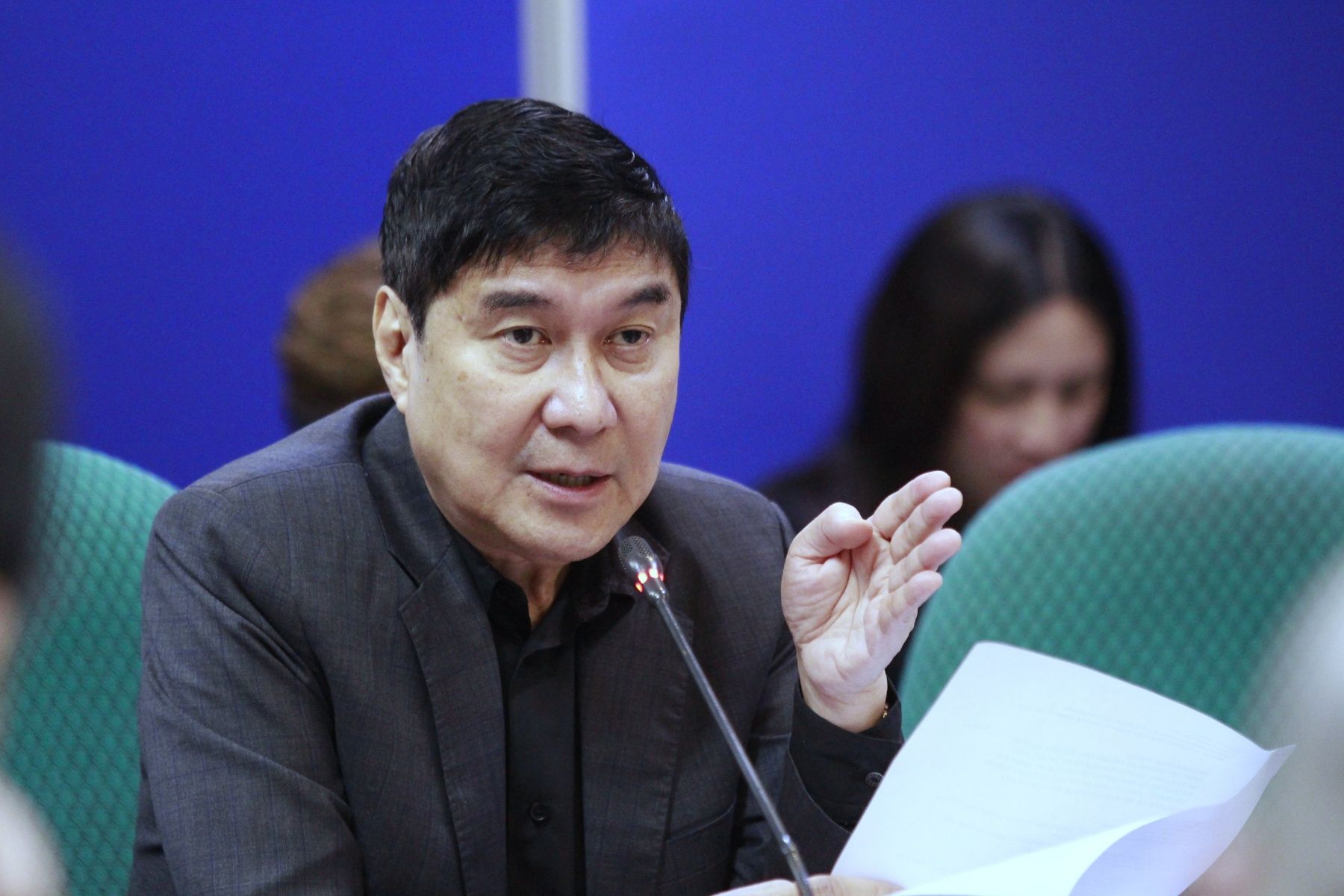Tulfo lauds LTO's suspension order on vehicle ownership transfer
By Dhel Nazario
Senator Raffy Tulfo lauded the Land Transportation Office's (LTO) move to suspend the implementation of its new guidelines on vehicle ownership transfer through Administrative Order AO-VDM-2024-046.

Tulfo, who chairs the Senate Committee on Public Services Chairperson, recommended that LTO suspend the order.
It can be recalled that during the hearing of the Public Services Committee on Oct. 23, Tulfo questioned the lack of proper information dissemination about the new AO and the exorbitant fee imposed on sellers and buyers who failed to report sales and transfer vehicle registrations within days of the transaction.
Considering the lapses in the AO, Tulfo urged LTO to stop implementation of the new administrative order and issue a new one with a well-defined system, as well as proper information dissemination with national circulation including newspaper, television, radio, and social media to avoid confusion among all parties involved and give them enough time to comply to transfer of ownership requirements.
Tulfo, likewise, stressed the need to remove penalties for vehicle owners whose transactions occurred before the release of AO.
Hours after Tulfo called for the changes in AO, LTO immediately issued the memorandum of suspension with an order to the LTO Executive Secretary to submit an amended AO.
"This is a step in the right direction but I will continue monitoring the amendments to ensure that they will craft an AO with well-defined system," he said.
The committee tackled 52 bills creating, converting or upgrading various offices of the LTO in different parts of the country.
Aside from this, the committee also discussed the franchise applications of two broadcasting networks and three electric cooperatives.
“We are tackling these measures because we want to provide better public services to our kababayans (people). After all, every hearing we have here in the committee is centered on serving the public. This committee’s goal is to serve the people properly and efficiently,” Tulfo said.
He said LTO bills seek to ease the difficulties in the processing of vehicle registrations and driver’s licenses either because of congestion or inaccessibility of existing LTO offices.